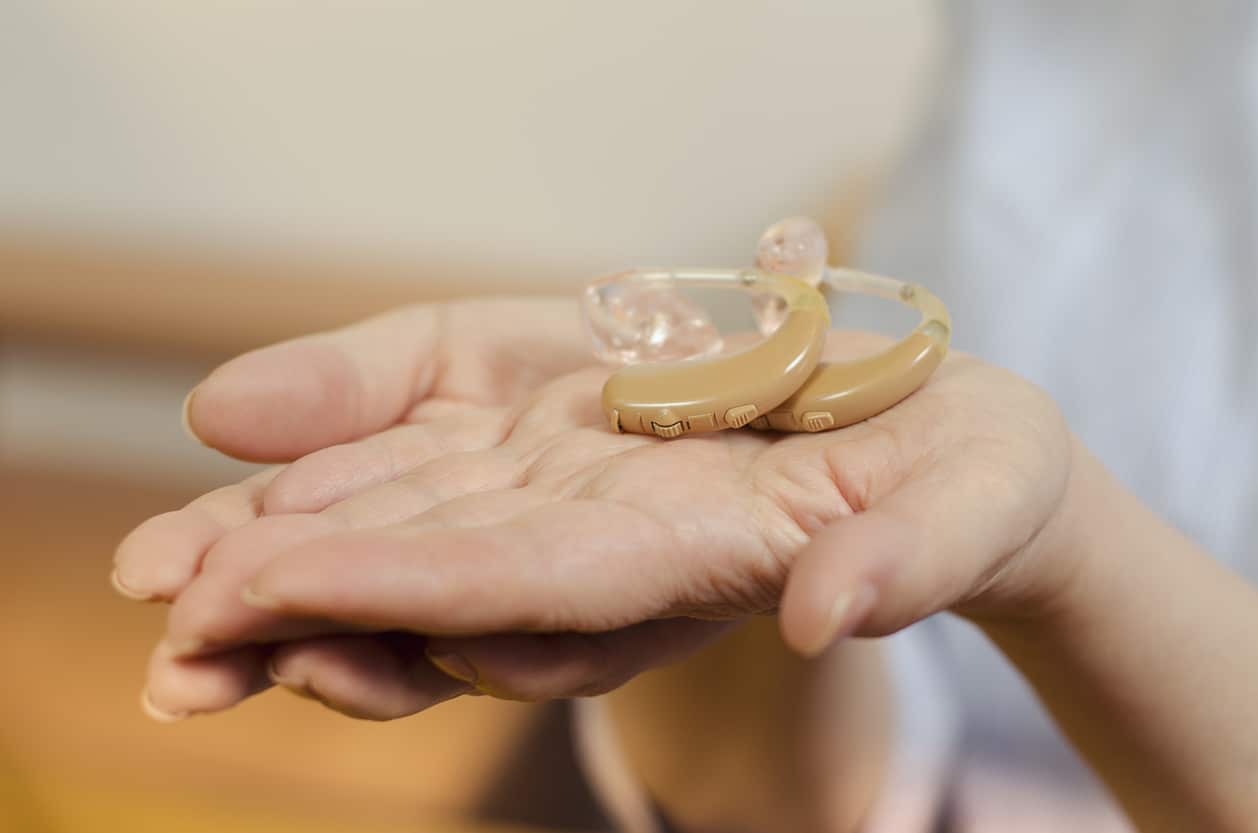Approximately 28.8 million U.S. adults could benefit from the use of hearing aids. Getting new hearing aids is an exciting time, and knowing hearing aid best practices can help ensure you enjoy all the benefits they offer. Let’s look at a few common hearing aid mistakes and how to avoid them.
Not Taking the Time To Adjust

Improved communication ease and better appreciation of your favorite tunes are common benefits of wearing new hearing aids. While these benefits are certainly worth discussing, they tend to leave hearing aid users unprepared for the acclimation period.
With hearing loss, you gradually grow accustomed to soft and often unheard sounds. The steps of your neighbors or the chatter of those around you at Scrimshaw Coffee may go by unnoticed. Many people with hearing aids report an initial annoyance at these sounds, finding them uncomfortable or even intrusive. A common mistake of new hearing aid users is not giving themselves time to acclimate to these new sounds.
Remember to take short breaks when you first get your new devices. While you should shoot for wearing your hearing aids most of the time, outside of sleeping and showering, short ten-to-fifteen-minute breaks can help increase your comfort during the acclimation period.
Not Cleaning Your Hearing Aids
You may have noticed over the years that in-the-ear headphones get caked with dirt or wax. Hearing aids are no different. Because these small devices sit in and around your ears, they are likely to get clogged with wax and debris from time to time. Dirty hearing aids can lead to bacterial infections and an annoying whistling sound in your ear (feedback).
Use a special hearing aid cleaning kit to prevent damage to your devices. This kit will likely include wipes, a cleaning cloth and a wax removal brush. If you have questions about safely cleaning your device, contact your hearing aid specialist or device manual.
Not Learning How To Use Your Devices
Hearing aids range from simple to complex and can include a large array of technologies like Bluetooth®, noise suppression, tinnitus masking and more. Don’t forget to consult your hearing aid specialist and manual to learn the ins and outs of your devices. A thorough hearing aid education is the best way to ensure maximum benefits.
To learn more about caring for and using your hearing aids, contact San Diego Hearing Center today to schedule an appointment with one of our specialists.